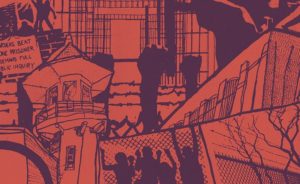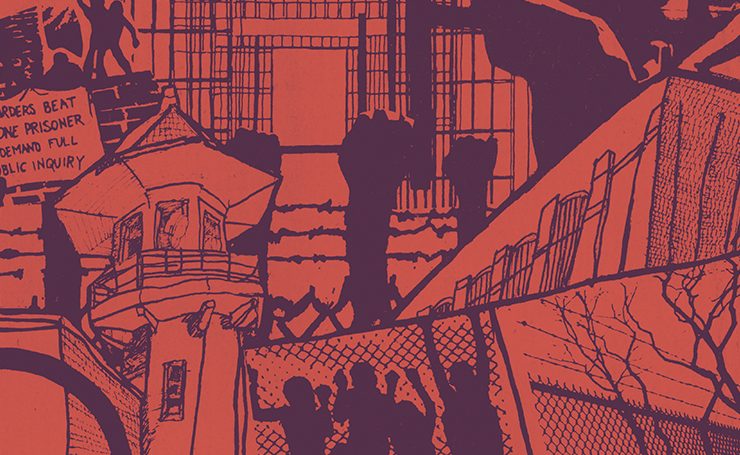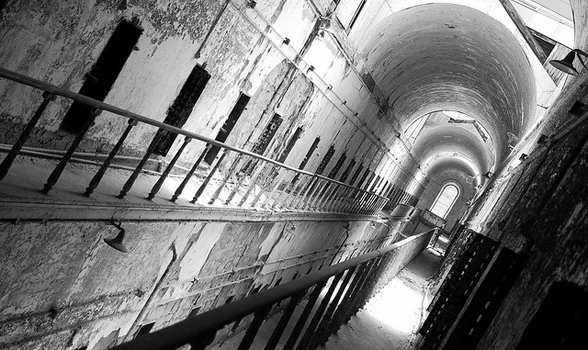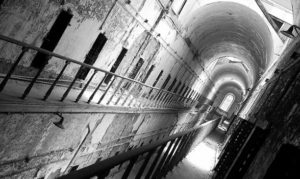[:el]
του Ντάνιελ Γιαντίν
Κατά τη διάρκεια του εγκλεισμού του σε φυλακή της Ρωσίας στα μέσα του 19ου αιώνα, ο Φιόδορ Ντοστογιέφσκι έγραψε μια ιστορία για έναν ιερέα και τον Διάβολο, πάνω στον τοίχο του κελιού του. Ο Διάβολος είναι εξοργισμένος με τον ιερέα και τον κατηγορεί πως τρομοκρατεί τους ανθρώπους με εικόνες από την κόλαση στη μετά θάνατον ζωή, όταν οι άνθρωποι «υποφέρουν ήδη από τα βασανιστήρια της κόλασης στη ζωή τους στη γη». Οι δυο τους επισκέπτονται διάφορα κολασμένα μέρη στη Γη – ένα χυτήριο σιδήρου, έναν σκονισμένο μύλο σιτηρών, μια φτωχή αγροτική καλύβα – πριν ο Διάβολος προτρέψει τον ιερέα να βιώσει την μεγαλύτερη κόλαση: τη φυλακή.
«Βγάλε τα μεταξωτά σου ρούχα», λέει ο Διάβολος. «Βάλε στους αστραγάλους σου τις βαριές αλυσίδες που φορούν αυτοί οι δυστυχείς. Ξάπλωσε στο κρύο και βρόμικο πάτωμα – και στη συνέχεια πες τους ότι τους περιμένει άλλη μία κόλαση!
Ο ιερέας δεν μπορεί να σκεφτεί μια χειρότερη κόλαση.
Οι αριστεριστές στοχαστές και ακτιβιστές υποστηρίζουν την κατάργηση των φυλακών για τουλάχιστον έναν αιώνα. Το 1911 η αναρχική Έμμα Γκόλντμαν ξεκινάει με την ιστορία του Ιερέα με τον Διάβολο το δοκίμιό της για τον καταργητισμό με τίτλο, Φυλακές: ένα Κοινωνικό Έγκλημα και μια Αποτυχία. Και το Κίνημα Κατάργησης των Φυλακών αρχίζει να κερδίζει έδαφος μέσα στην αμερικανική Αριστερά.
Συνέχεια ανάγνωσης [:el]Ένα βήμα μετά τις μεταρρυθμίσεις: Κατάργηση των Φυλακών[:]


